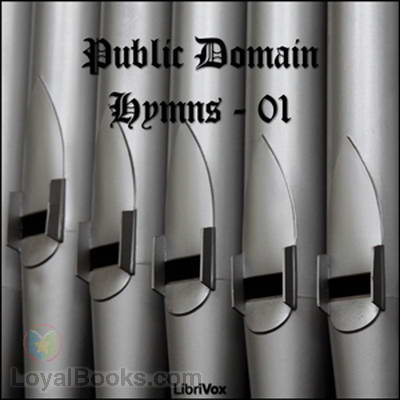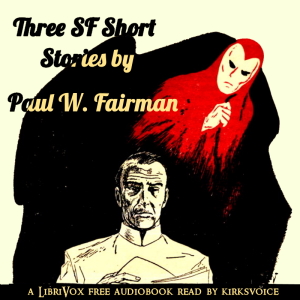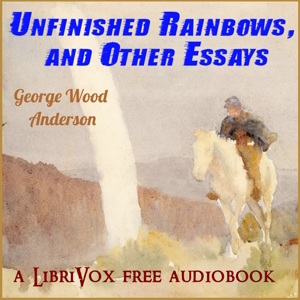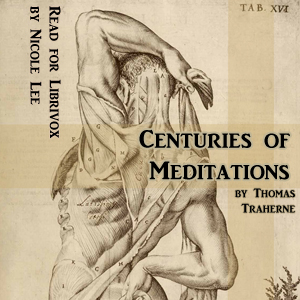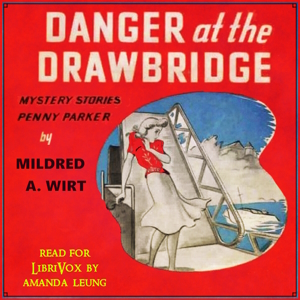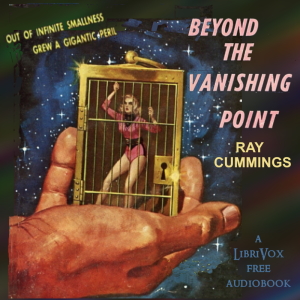Description
By: George Bernard Shaw (1856-1950)
In “The Perfect Wagnerite,” George Bernard Shaw offers a comprehensive analysis of Richard Wagner’s operas, specifically focusing on the political and social themes present in his works. Shaw’s writing is insightful and thought-provoking, providing readers with a deep understanding of Wagner’s revolutionary ideas and their implications.
One of the strengths of Shaw’s book is his ability to contextualize Wagner’s work within the political climate of his time. By exploring the nationalist and socialist undertones of Wagner’s operas, Shaw sheds light on the composer’s complex views on society and culture. Shaw’s commentary is both engaging and informative, making the text accessible to readers with varying levels of familiarity with Wagner’s music.
Overall, “The Perfect Wagnerite” is a must-read for anyone interested in Wagner’s operas and their significance in the broader cultural landscape. Shaw’s analysis is detailed and nuanced, offering readers a fresh perspective on the works of one of the most influential composers in history.
Book Description:
The Perfect Wagnerite: A Commentary on the Niblung’s Ring (originally published London, 1898) is a philosophical commentary on Richard Wagner’s Der Ring des Nibelungen, by the Irish writer George Bernard Shaw. Shaw offered it to those enthusiastic admirers of Wagner who “were unable to follow his ideas, and do not in the least understand the dilemma of Wotan.” He interprets the Ring in Marxian terms as an allegory of the collapse of capitalism from its internal contradictions. Musicologically, his interpretation is noteworthy for its perception of the change in aesthetic direction beginning with the final scene of Siegfried, in which he claimed that the cycle turns from Musikdrama back towards opera. (Introduction by Wikipedia)


